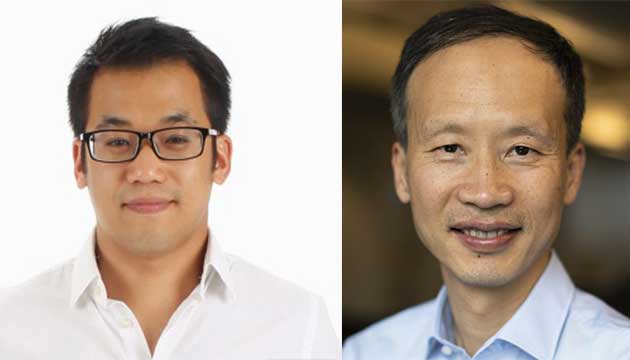In a recent paper, researchers in the Philippines noted that the World Health Organization has identified vaccine hesitancy as one of the top 10 threats to global health.
Vaccine hesitancy simply means a reluctance to vaccinate.
The study titled “COVID-19 vaccine brand hesitancy and other challenges to vaccination in the Philippines” was published on January 13, 2022 by the journal PLOS Global Public Health.
“Together with weak primary health care and other health challenges, countries especially low- and middle-income countries (LMICs) will struggle to meet the demands of the communities within their health system capacity,” the authors wrote.
They noted that with the COVID-19 pandemic, countries are “further burdened with many health systems overwhelmed throughout its course”.
“The Philippines presently faces these challenges: vaccine hesitancy and increasing anti-vaccination sentiments, a weak primary health care system with efforts to strengthen it through the recently implemented Universal Health Care Law, and an overwhelmed health system because of the demands of COVID-19 and other public health problems,” the authors stated.
Additionally, “These challenges are further compounded by a global shortage of vaccine supply with inequitable vaccine distributions.”
They also recalled that historically, the Philippines generally had a high vaccine confidence rate.
However, “Following the dengue vaccine controversy in 2017 however, confidence levels have dramatically dropped and have impacted succeeding vaccination efforts including the COVID-19 vaccination campaign.”
As part of efforts to fight vaccine hesitancy, researchers at the University of Toronto’s Dalla Lana School of Public Health are working with non-profit organizations, religious and other community leaders in the Philippines to build trust in COVID-19 vaccines.
The initiative was reported in a February 2022 article on the university’s website.
“COVID has been a big tragedy in the Philippines because they couldn’t afford to get people vaccinated and because the health-care system is a chaotic mix of public and private,” associate professor Xiaolin Wei said.
Wei is a physician, epidemiologist, and Dalla Lana Chair in Global Health Policy who is leading the effort.
“But vaccine confidence was seriously undermined already. The pandemic was the perfect storm,” the physician said.
The university’s report noted that the research team is “using an implementation science framework to find the populations at highest risk, identify the specific barriers they face and learn how best to engage them”.
The team is supported by a grant from the Canadian Institutes for Health Research.
“We were hopeful that people would see COVID vaccines differently, but this is part of the history that lingers,” co-principal investigator Lincoln Lau said.
Lau is an assistant professor of clinical public health and the research director of International Care Ministries (ICM).
“We saw very high uptake in the capital region, but we’re struggling in the provinces,” Lau said.
The university reported that the team has begun to educate people about vaccines.
Lau had been working in the Philippines with ICM when COVID-19 broke out.
Based on monitoring by the international news agency Reuters, there had been 3,669,523 infections and 57,317 coronavirus-related deaths reported in the Philippines since the pandemic began.
As of March 12, 2022, the Philippines had administered at least 141,959,452 doses of COVID vaccines so far.
Reuters noted that assuming every person needs two doses, the number is enough to have vaccinated about 65.7 percent of the population in the Philippines.


